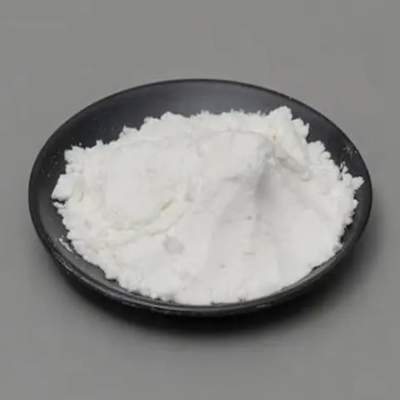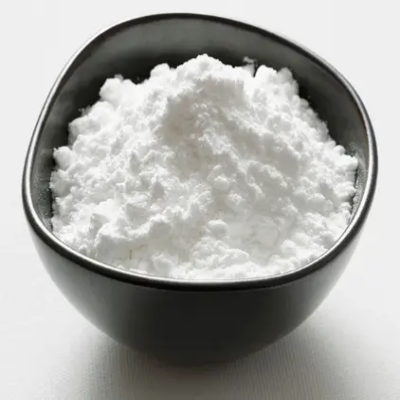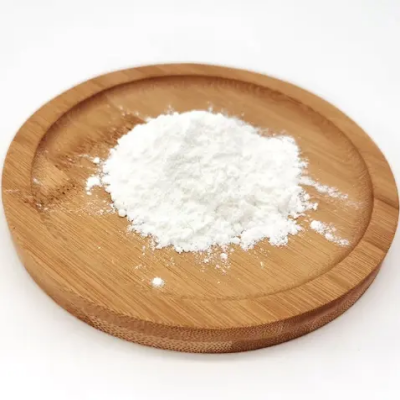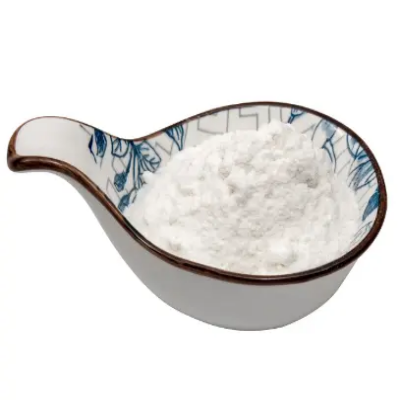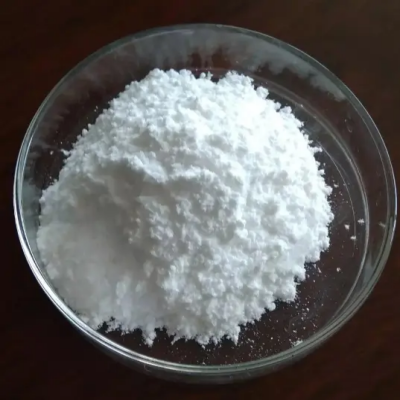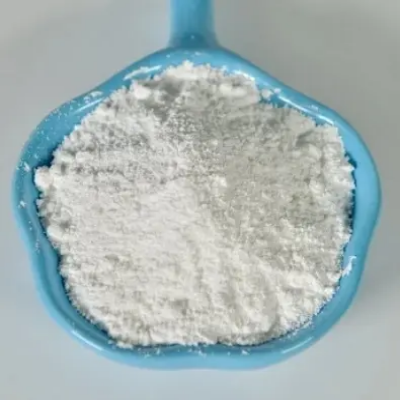Dicloxacillin sodium monohydrate CAS:13412-64-1
Dicloxacillin sodium monohydrate is prescribed by healthcare providers to treat bacterial infections caused by susceptible organisms, especially those resistant to penicillinase-producing enzymes. It is commonly used in the management of skin and soft tissue infections, such as cellulitis, abscesses, wound infections, and impetigo, primarily caused by Staphylococcus aureus and Streptococcus pyogenes. Healthcare professionals may also recommend dicloxacillin for the treatment of respiratory tract infections like pneumonia, ear infections, and urinary tract infections caused by susceptible bacteria. The dosage and duration of treatment are determined based on the type and severity of the infection, patient's age, weight, and renal function. Patients taking dicloxacillin should follow the prescribed dosing schedule and complete the full course of treatment as directed by their healthcare provider to ensure optimal therapeutic outcomes and prevent the development of antibiotic resistance. It is important to take the medication with food to enhance absorption and reduce gastrointestinal side effects. Monitoring for potential adverse reactions, such as allergic reactions, gastrointestinal disturbances, or liver function abnormalities, is essential during dicloxacillin therapy. Patients should promptly report any unusual symptoms or worsening of their condition to their healthcare provider for appropriate evaluation and management. In summary, dicloxacillin sodium monohydrate is a valuable antibiotic in the treatment of bacterial infections, offering clinicians an effective tool to combat common infections and promote patient recovery while minimizing the risk of antibiotic resistance development.



| Composition | C19H20Cl2N3NaO6S |
| Assay | 99% |
| Appearance | white powder |
| CAS No. | 13412-64-1 |
| Packing | Small and bulk |
| Shelf Life | 2 years |
| Storage | Store in cool and dry area |
| Certification | ISO. |


